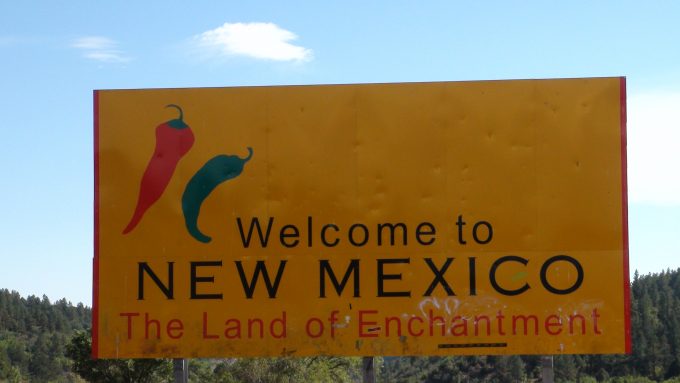
Sunday, 25 November 2018
…who has come, not according to the law of a fleshly commandment, but according to the power of an endless life. Hebrews 7:16
The words, “who has come,” are referring to Jesus. It is He who was referred to in the previous verse as “another priest” who came “in the likeness of Melchizedek.” In this, He has come “not according to the law of a fleshly commandment.” The meaning is that the priesthood of Aaron was one which focused on externals. They washed with water, they ate certain foods, they performed animal sacrifices, and so on. These are referred to in Hebrews 9 in some detail. None of the things conducted by the Levitical priesthood was actually efficacious in nature. Rather, it all only pointed to the coming Christ. In Him, rather than a fleshly commandment, there is a law “according to the power of an endless life.”
For the past 17 verses, the author has shown us the superiority of the priesthood of Jesus over that of the Levites. Melchizedek was shown to be greater than Abraham because he bestowed the blessing rather than Abraham. Further, Abraham gave a tenth of his spoils to Melchizedek. This indicated that Melchizedek was in a position superior to that of Abraham. Thirdly, David looked back on the priesthood of Melchizedek and said that a new priesthood was coming in the order of Melchizedek’s. All of these points have been used by the author to prove that his priesthood was superior to that of the Levitical priesthood which came through Aaron.
Jesus’ New Covenant priesthood, being on the same order as Melchizedek’s, then supersedes that of the Old Covenant. In this verse, we see another point which demonstrates this “greater than” theme. Jesus, because of the resurrection, has an indestructible life. As will be explained further in verses to come, the Levites filled a position in time and then died. For this reason, there were many high priests throughout the ages. But Jesus is a High Priest forever. He prevailed over death because of His sinless nature. As Peter proclaims in his Pentecost speech to the people of Israel –
“Men of Israel, hear these words: Jesus of Nazareth, a Man attested by God to you by miracles, wonders, and signs which God did through Him in your midst, as you yourselves also know— 23 Him, being delivered by the determined purpose and foreknowledge of God, you have taken by lawless hands, have crucified, and put to death; 24 whom God raised up, having loosed the pains of death, because it was not possible that He should be held by it. 25 For David says concerning Him:
‘I foresaw the Lord always before my face,
For He is at my right hand, that I may not be shaken.” Acts 2:22-25
Death could not hold Jesus and can it never touch Him again. He is “a Priest forever.” Hallelujah!
Life application: There is no time that our prayers are not heard. Because Jesus is a priest forever, He is an eternal Mediator for us. For the believer, every prayer that we utter to God in faith is received by Him. Further, because Jesus’ work was spiritual, not fleshly, everything He accomplished for us is of a spiritual nature. Whereas the sacrifices of the Law of Moses could never internally purify the people, that of Jesus can. Salvation is not a repeatable thing in Christ. Rather, it is a one-time for all-time occurrence. Take time today to reflect on your status before God because of Christ, and then be sure to thank and praise God for what He has done through Christ Jesus our Lord.
Lord, sadness must have come upon the ancient faithful as they saw their high priests die and return to the dust. Each new high priest was an uncertain entity and a fallible man. But, glory to You, O God, that we have an eternal High Priest – One who never fails, never tires, and never disappoints. We have Jesus! Thank you for Christ Jesus our Lord. Amen.




